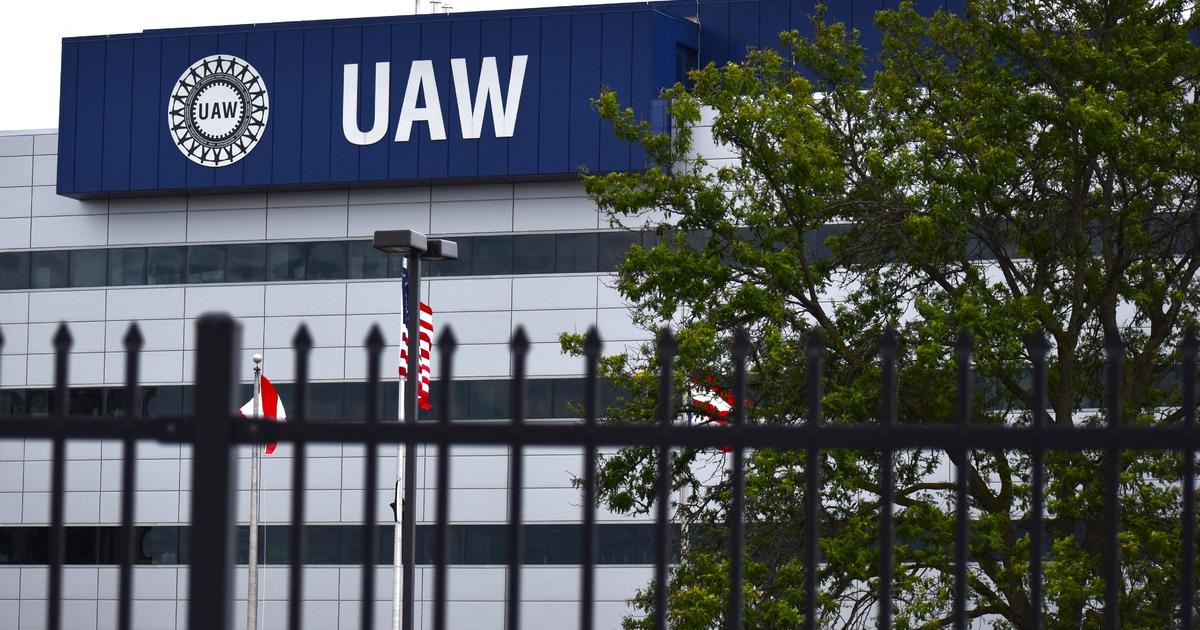Nissan to cut 12,500 jobs as its profit plunges
Nissan is cutting 12,500 jobs, or about 9% of its global workforce, to cut costs and achieve a turnaround amid tumbling profits, the Japanese automaker said Thursday. It also plans to cut global production and model lineups by 10% by the end of fiscal 2022.
Nissan Chief Executive Hiroto Saikawa said most of the jobs cut will be auto plant workers. He did not give a regional breakdown, but said the job cuts were needed to cut global production capacity and cut costs.
The cuts come after its brand took a hit following the arrest of former Chairman Carlos Ghosn. Ghosn, who says he is innocent, is awaiting trial in Japan on various financial misconduct allegations. But the company also hurt its profitability by years of sales incentives that lowered margins, SBI Securities Co. analyst Koji Endo told Bloomberg News.
"This is really a crisis," Endo told the publication. "Management is chaotic, there is a lot of restructuring pressure, and the most important thing here is to downsize. The company actually inflated too much under Carlos Ghosn."
"Extremely severe"
A company presentation said more than 6,400 jobs would be eliminated in eight unspecified locations by the end of this fiscal year. Another 6,100 will come by fiscal 2022, it said.
Saikawa told reporters at the automaker's Yokohama headquarters that sales are expected to begin to recover but it will take time. Some of the efforts have already begun, he said.
"Our situation right now is extremely severe," Saikawa said, noting attractive models were coming with technology like artificial intelligence and zero emissions to boost sales. "Our stance to lead the industry is unchanging."
Profit plunge
In April-June, Nissan's profit nose-dived to 6.4 billion yen ($59 million), down drastically from 115.8 billion yen the same quarter in the previous fiscal year. Quarterly sales shrank 13% to 2.37 trillion yen ($22 billion).
For the fiscal year that ended in March, annual profit dropped to less than half of what Nissan earned in the previous year, at 319.1 billion yen ($2.9 billion), the worst showing since the global financial crisis a decade ago.
Although Ghosn's absence from Nissan and its alliance with Renault SA of France, which owns 43% of Nissan have been a concern, the latest results were so dismal that questions about Ghosn weren't raised.
Christian Stadler, professor of strategic management at Warwick Business School, said the scandal over Ghosn's case was a distraction that has undermined Nissan's business, on top of challenges faced by the auto industry as a whole.
"The economic slowdown, which hit key markets such as the U.S. and China, the uncertainty surrounding Brexit, and the race to embrace new technology as the crackdown on diesel continues, all contributed to Nissan's fall in sales and will continue to do so," he said.
Nissan's global vehicle sales in the April-June period fell 6% to 1.23 million vehicles, declining in Japan, the U.S., Europe and other global markets although sales held up in China despite slowing demand. Rising raw material costs and currency fluctuations, also hurt profits, the company said.





